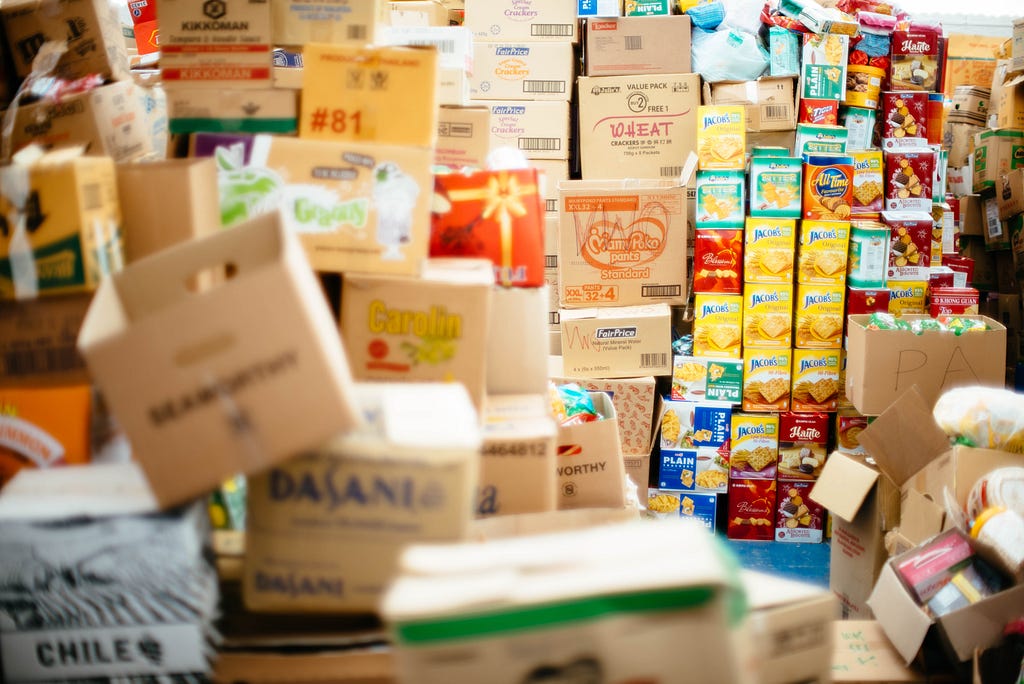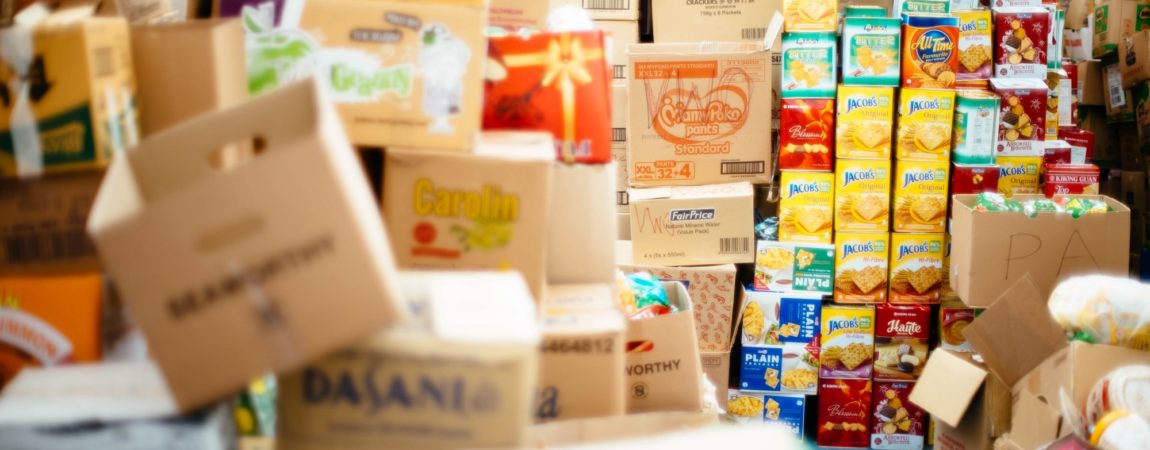By Eliott Atlani, Edited by Maya Rector

To offer more transparency, retail stores, in collaboration with meat producers, may soon use the emerging technology of Blockchain.You may have already heard about Blockchain since it is strongly associated with Bitcoin, the famous cryptocurrency. Currently, Blockchain has been used successfully for cryptocurrencies and financial services, and it could be soon applied for food processing. The Blockchain is a shared database whose critical feature is to be immutable and easily auditable. Once data is registered into the Blockchain it can’t be removed or modified. This immutable ledger is shared between multiples writers, which would include producers, retail stores, and food companies. In practice, the idea would be to use this shared database to record several pieces of information about a piece of food such as:
- The origin
- The various owners, including the factory and the producer
- Its storage temperature
- Its expiration dates
- Its shipping dates

- Japanese Use Blockchain to Track Game Meat. (n.d.). Retrieved October 16, 2017, from https://cointelegraph.com/news/japanese-use-blockchain-to-track-game-meat
- The food industry gets an upgrade with blockchain — IBM BLockchain: Blockchain Unleashed. (2017, June 15). Retrieved October 16, 2017, from https://www.ibm.com/blogs/blockchain/2017/06/the-food-industry-gets-an- upgrade-with-blockchain/
- Walmart, IBM provide blockchain update | MEAT+POULTRY. (n.d.). Retrieved October 16, 2017, from http://www.meatpoultry.com/articles/news_home/Business/2017/06/Walmart_IBM_provide_blockchain.aspx?ID =%7B24B47705–09C1–4A89-A98C-28403AF874C1%7D&cck=1
Op-Ed: Blockchain and food processing are more related than you think — here’s how was originally published in Berkeley Master of Engineering on Medium, where people are continuing the conversation by highlighting and responding to this story.


